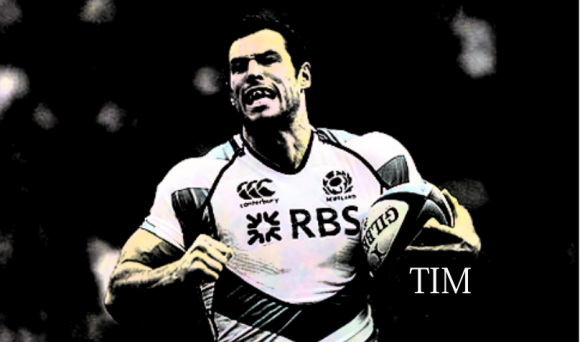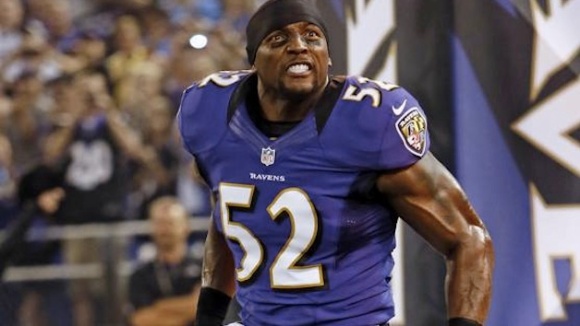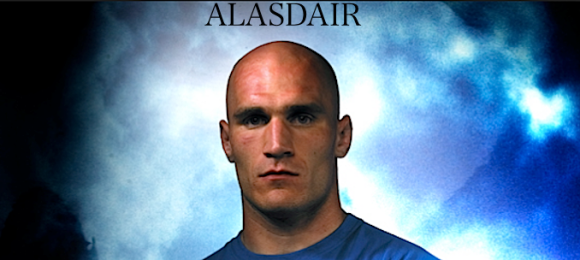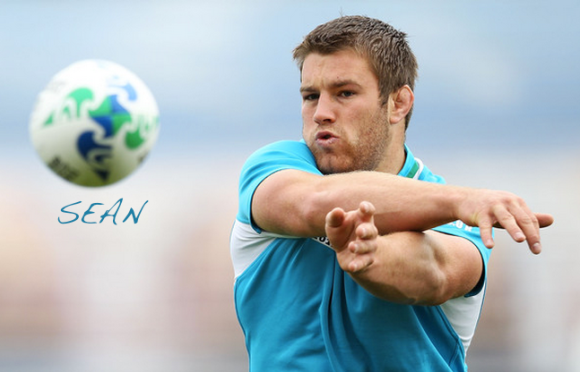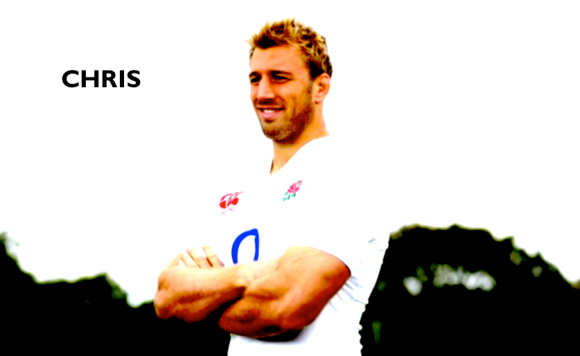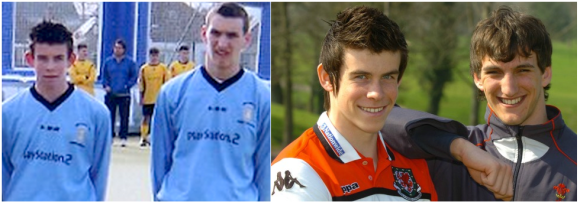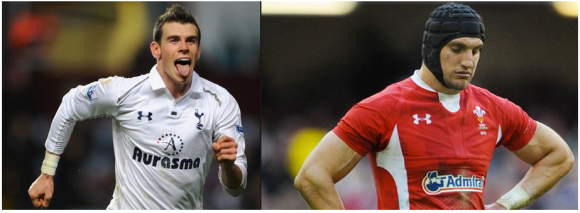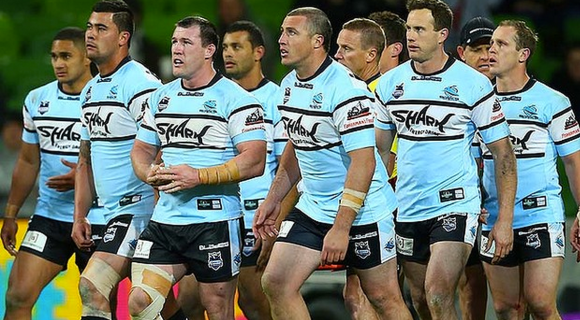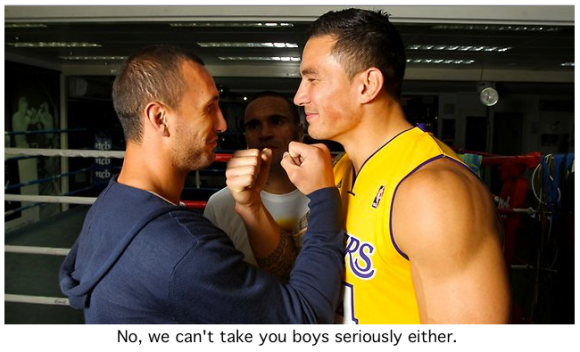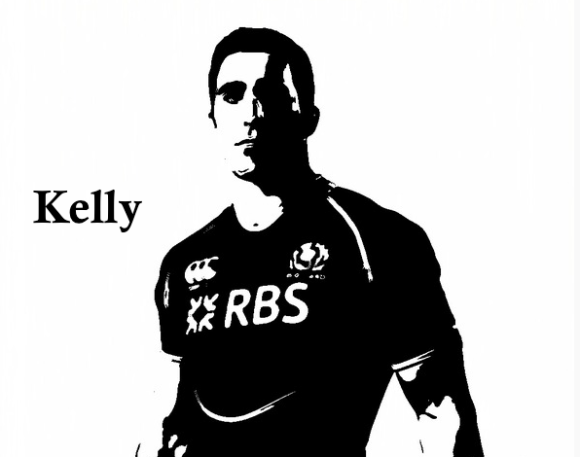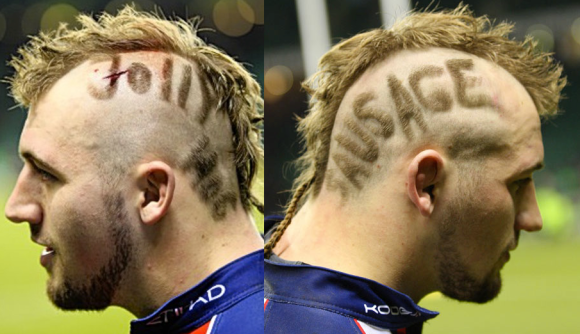WALES LOVES A COMEBACK
Those non-Welsh readers out there will forgive this post for its unashamedly fire-scorched slant. It’s one of those times when any thoughts of being impartial go out of the window and national pride has reached a crescendo. In fact, it’s the sort of pride that erases a year of misery with one kick of an abnormally tall winger’s heels.
This was Wales’s finest hour because of the ferocity of the criticism they’ve received (rightly or wrongly) since last year’s Grand Slam. It’s unreasonable that we should change our entire perception on the basis of one match, but that’s part of the mystique of Wales versus England. Emotion gets the better of us all. Now it is Wales who are ready to take on the world, while England are asking themselves where it all went so wrong.
The reasons behind Wales’s three previous Grand Slams Wales were quantifiable. 2005 came on the back of some nerve-wrackingly close encounters with South Africa (38-36) and the All Blacks (25-26) in the autumn of 2004, which buoyed a Wales team that until then had no experience of parity with southern hemisphere sides. 2008 saw the introduction of coaching dream team Warren Gatland and Shaun Edwards, which galvanised a lethargic Welsh set-up. 2012 was only ever going to be a riposte to the heartbreak of the previous year’s captivating World Cup effort.
With the momentum Wales carried throughout the deciding Six Nations match of 2013, you began to wish that they’d be taking on the All Blacks the following weekend. Form is a fluctuating thing –just ask England– but this is something Wales need to maintain to ensure they never go on a losing streak in the manner in which they suffered during the autumn (and for those dreadful 40-odd minutes against Ireland in February).
Prior to Saturday’s unforgettable victory, where a stunning defence was complemented by some rapier attacking work, I wrote that Wales had a stand-out ‘big match player’ in Mike Phillips. Well, on this occasion they had 22. To single any individual out among them would be unfair: they were all vital to the anatomy of the pounding Welsh heart. Players like scrum-half Lloyd Williams and centre Scott Williams would make the starting line-up of almost every other international team in the world: it just so happens that the men whose necks they are breathing down happen to be some of the finest Wales has ever had the privilege of fielding.
England’s Chris Ashton, under the cosh for his supposed defensive frailties, had said following the French match (during which the superlative centre Wesley Fofana evaded the northerner twice on his way to the try-line): “This [criticism] is new for me. I don’t know where all this defence stuff has come from.” After seeing the way he set himself up for the tackle against George North –and was promptly dismissed in the easiest of fashions– he might now have some idea.
Even Owen Farrell, the fly-half who prides himself on his fierce tackling, was carried metres back by a Sam Warburton fend, the Welsh flanker’s surge upfield culminating in one of two immaculate finishes by Alex Cuthbert, thanks in no small part to the regal Justin Tipuric. It was not a good day to be an English rugby player. It was a heavenly day for Welshmen the world over.
* * *
BAD FORM
It is disappointing to say the least that the England coaching staff are publicly complaining about Steve Walsh’s refereeing decisions. They don’t expect a retroactive judgement that will erase a 30-3 scoreline, so it must be that they’re hoping for some changes in refereeing standards (we’re looking at you, Graham Rowntree, above). While most would be loath to endorse anything said by Piers Morgan, the non-English twitterati were quick to highlight his tweet that read: “Got to laugh at England rugby fans blaming the ref for a 30-3 scoreline. Try blaming vastly superior Welsh rugby….” (Needless to say, we had long forgotten his tweet ordering Welsh footballers to sing ‘God Save the Queen’ during the Olympics.)
Unsurprisingly, it was an exclamatory tweet from rugby legend Lawrence Dallaglio that spoke volumes: “Well I got that totally wrong! Wales were exceptionally good today! Well deserved! Same pattern as the Old Wasps funnily enough!” Dallaglio was, of course, referring to the strong connection between the Welsh coaching set-up and London Wasps, what with Warren Gatland and Shaun Edwards having both been part of the Adams Park dynasty, while Rob Howley’s last act as a professional rugby player was to score the try that won Wasps the Heineken Cup in 2004.
Wales have been on the receiving end of some of the worst incidences of poor refereeing in the history of the international game –painfully against Italy in 2007 and, worse yet, France in 2011— so for England to think that Walsh pulled the game irretrievably out of their reach is ridiculous.
The refereeing outcry from the England camp is all the more bizarre given that some of Stuart Lancaster’s first words to reporters after the match were: “There are no complaints from us — the better side won on the day.”
And it wasn’t just the England coaches who were at it:
We could go on all day about whether the New York Times in 2011 had Alex Corbisiero on the back page, or if the New Zealand Herald had a double-page spread boasting Dylan Hartley as ‘New Zealand’s Finest’ — but we won’t go there, because this is a time for magnanimity. (And since when has the Sun been an arbiter of rugby anyway?)
In contrast, there were many who gave Wales their due, whilst sticking the knife into the English, clearly hurt by the brave new world Stuart Lancaster had shown them, only for it to implode in Cardiff. Phrases such as “England’s worst rugby defeat in a quarter of a century” and “preconceptions shattered” have been music to Welsh ears (a thousands-strong male voice choir at the Millennium Stadium, if you will), and something entirely different to those belonging to the English (maybe a stern Andy Farrell telling his beaten players that he’s “not angry, just disappointed”).
The Telegraph even called for England to “man-up” in light of the refereeing issue. England had gone from being world-beaters to well-beaten, and over the course of one match those players in white who only moments before kick-off were the best of their generation are suddenly not good enough in many eyes.
I have a teacher friend who likes to discipline unruly pupils with these words: ‘In the real world, you only get one chance.’ There will be a number of English internationals hoping that’s just a big, bad lie made up to scare little boys.
* * *
WHERE TO NOW?
While the usual suspects are touring Down Under, Wales have a two-test tour to Japan to enjoy. In the light of Six Nations success, this tour to the Land of the Rising Sun has taken on an altogether different complexion and proposed the question: which young Welsh player can step up to the level of the Class of 2012 and 2013?
Fan favourite Andrew Coombs, a fresh recipient of an RBS Six Nations Championship medal, told the Merthyr Express recently: “Japan is something to look forward to. In the next few weeks, you will see me fighting for an opportunity to prove I’m capable of playing at that Test level.” He’s already proven it to us all, but he will be faced with the surreal proposition of being an elder statesman amongst a group of aspiring youngsters — after only four caps.
There are some already taking those steps, such as Ospreys wing Eli Walker, who would definitely be making the trip were it not for the recent back operation the 21-year-old has undergone. You wonder if Robin McBryde, Wales’s next interim coach, will throw caution to the wind and introduce the recent U20’s captain Ellis Jenkins to the senior squad in order to make the transition easier before facing more physical international sides than Japan.
In contrast, Eli Walker’s positional counterpart at Cardiff Blues, Harry Robinson, needs to show that he can fulfil his early promise at regional level. Robinson’s regional teammate, Rhys Patchell, will more than likely take the ten spot (assuming, as we should, that Dan Biggar makes the Lions tour). Wales fringe players such as scrum-half Tavis Knoyle, backrowers Aaron Shingler and Andries Pretorius, second row Lou Reed and prop Scott Andrews will be the front-runners for starting positions in the tests.
Is there anybody else out there who wouldn’t mind seeing Olly Kohn given a decent run in the boiler room? If it’s at the expense of Osprey James King then perhaps not, but he would be a valuable addition against a lightweight Japanese side.
Exciting times lie ahead for a proud, reinvigorated rugby nation.
* * *
LIONS XV
In my first Six Nations post of 2013, I selected my pre-Six Nations Lions team. It was as follows:
1. Cian Healy (Leinster, IRE) 2. Richard Hibbard (Ospreys, WAL) 3. Adam Jones (Ospreys, WAL) 4. Geoff Parling (Leicester, ENG) 5. Richie Gray (Sale, SCO) 6. Dan Lydiate (Dragons, WAL) 7. Justin Tipuric (Ospreys, WAL) 8. Jamie Heaslip (Leinster, IRE), 9. Mike Phillips (Bourgoin, WAL), 10. Jonny Sexton (Leinster, IRE), 11. Chris Ashton (Saracens, ENG), 12. Jamie Roberts (Cardiff, WAL), 13. Manu Tuilagi (Leicester, ENG), 14. Tim Visser (Glasgow, SCO), 15. Leigh Halfpenny (Cardiff, WAL)
I think I’ll wait until the intoxicating aroma of Welsh victory has faded before I decide how many changes I would make, lest the line-up be identical to the one which faced the English last Saturday. Until then, I’m savouring every second of it.
* * *
SCENE-STEALING
I couldn’t finish this article without highlighting the shock I felt upon witnessing the photo, below, of my friend (the one holding his pint like a seasoned pro) epitomising the rapture of the moment Alex Cuthbert scored one of his glorious tries on Saturday. Courtesy of the Observer (and Gruff Davies).













